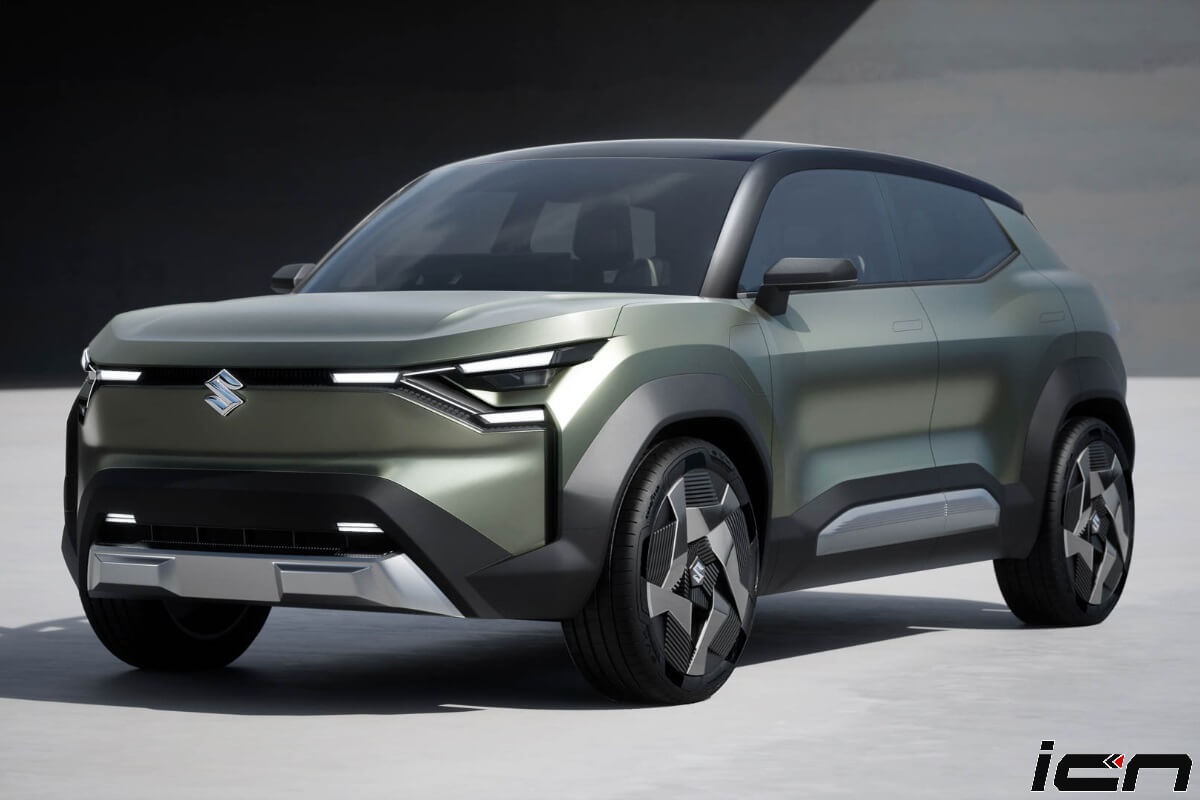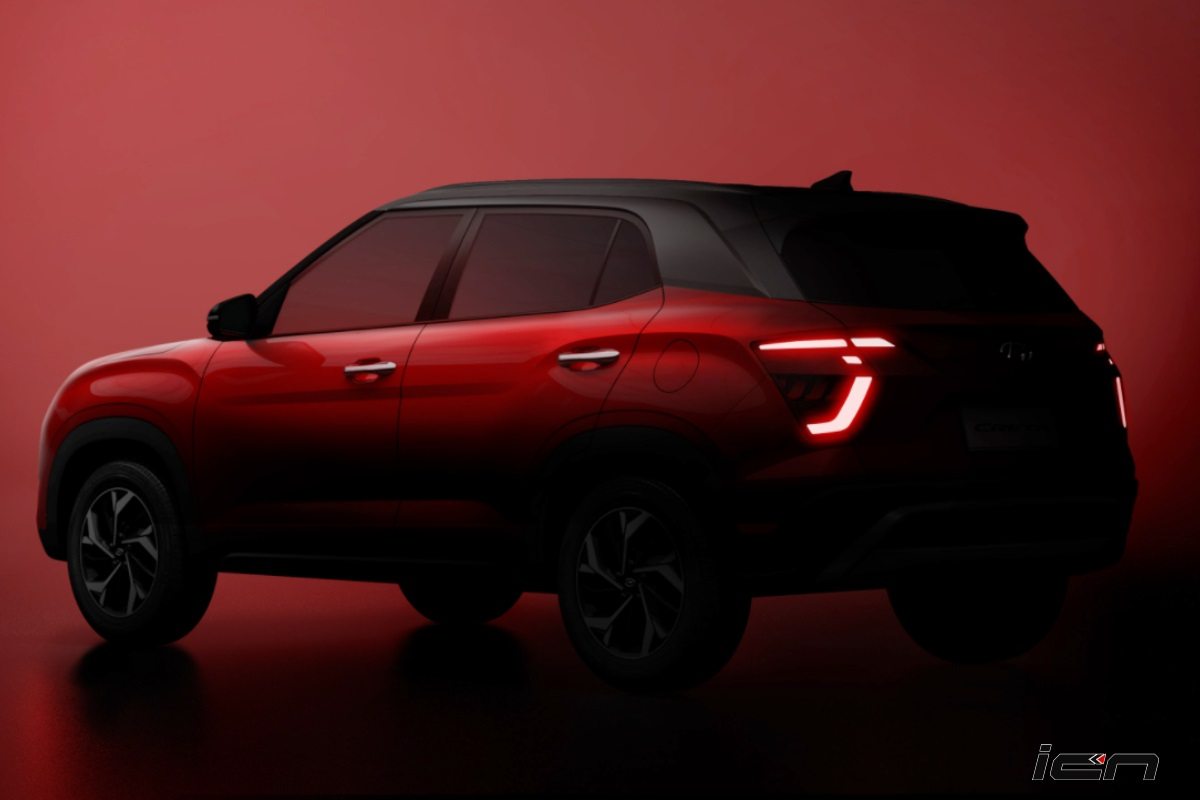India’s top two passenger vehicle (PV) manufacturers, Maruti Suzuki and Hyundai, are taking strides toward sustainable mobility solutions. Maruti Suzuki recently unveiled its Maruti Suzuki 3.0 strategywith ambitious plans to produce over 1.5 million electrified vehicles by the fiscal year 2031. Their vision includes expanding their product portfolio to encompass 28 vehicles by the end of this business strategy, of which six will be new electric vehicles (EVs). Maruti Suzuki aims to scale up its annual production to over 4 million passenger vehicles by 2031, with 15% (approximately 600,000 units) being EVs and nearly one million being hybrid vehicles.
Earlier this year, Suzuki Motor Corporation revealed its global strategy, outlining the introduction of half a dozen EVs specifically for the Indian market. The company has confirmed that its maiden electric vehicle will be based on the Maruti Suzuki eVX SUV concept, first unveiled at the 2023 Auto Expo. This model, currently undergoing extensive testing, is expected to launch in its final form in early 2025.

Additionally, Maruti Suzuki plans to tap into the mass-market EV segment with electric versions of popular models like the WagonR, Jimny, Fronx, and Baleno. However, specific details about these upcoming EVs remain undisclosed, though a teaser image from the company hints at the silhouette of six battery EVs resembling the aforementioned models. Maruti Suzuki is also dedicated to reducing its carbon footprint through hybrid technology, ethanol, compressed natural gas (CNG), and compressed biogas vehicles. Read: 4 Much-Awaited Maruti Suzuki Cars
In contrast, Hyundai Motor India has confirmed its commitment to introducing five EVs by 2032. The South Korean automaker aspires to sell five million PVs by 2030, with 40% being SUVs and 30% EVs. Hyundai’s research and development team collaborates closely with the Hyundai-Kia Namyan R&D center in Korea to develop India-specific vehicles, focusing on electrification, mobility research, autonomous driving, and the creation of voice recognition technology in local languages.

Hyundai has allocated Rs 4,000 crore for the development of six new battery electric vehicles (BEVs) in India by 2028 and is establishing Tamil Nadu as its base for EV manufacturing in the country. The company is currently testing the Hyundai Creta EV, expected to hit the roads in early 2025. Furthermore, the recently launched Hyundai Exter micro SUV will also receive an electric variant in the coming years.







